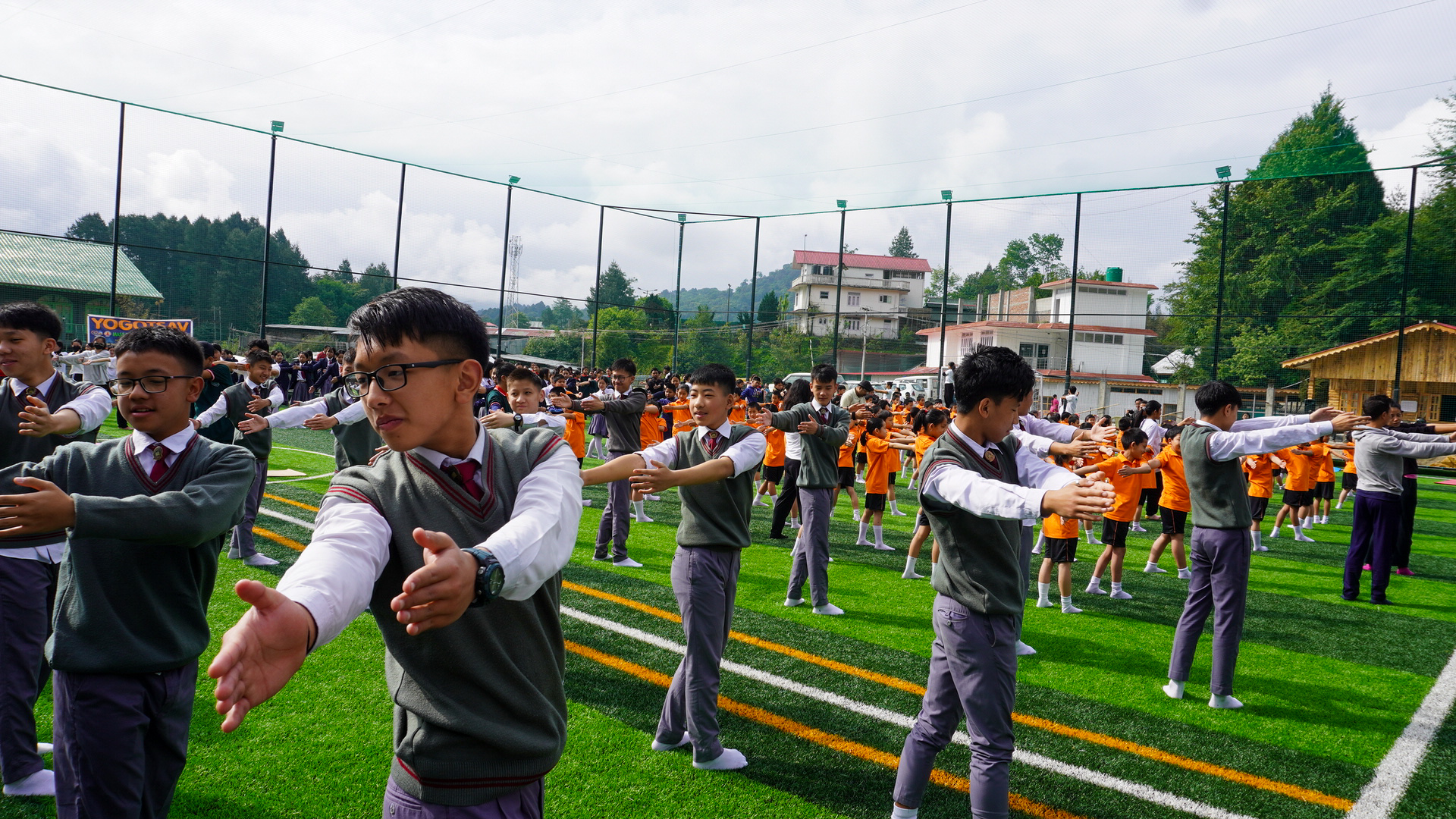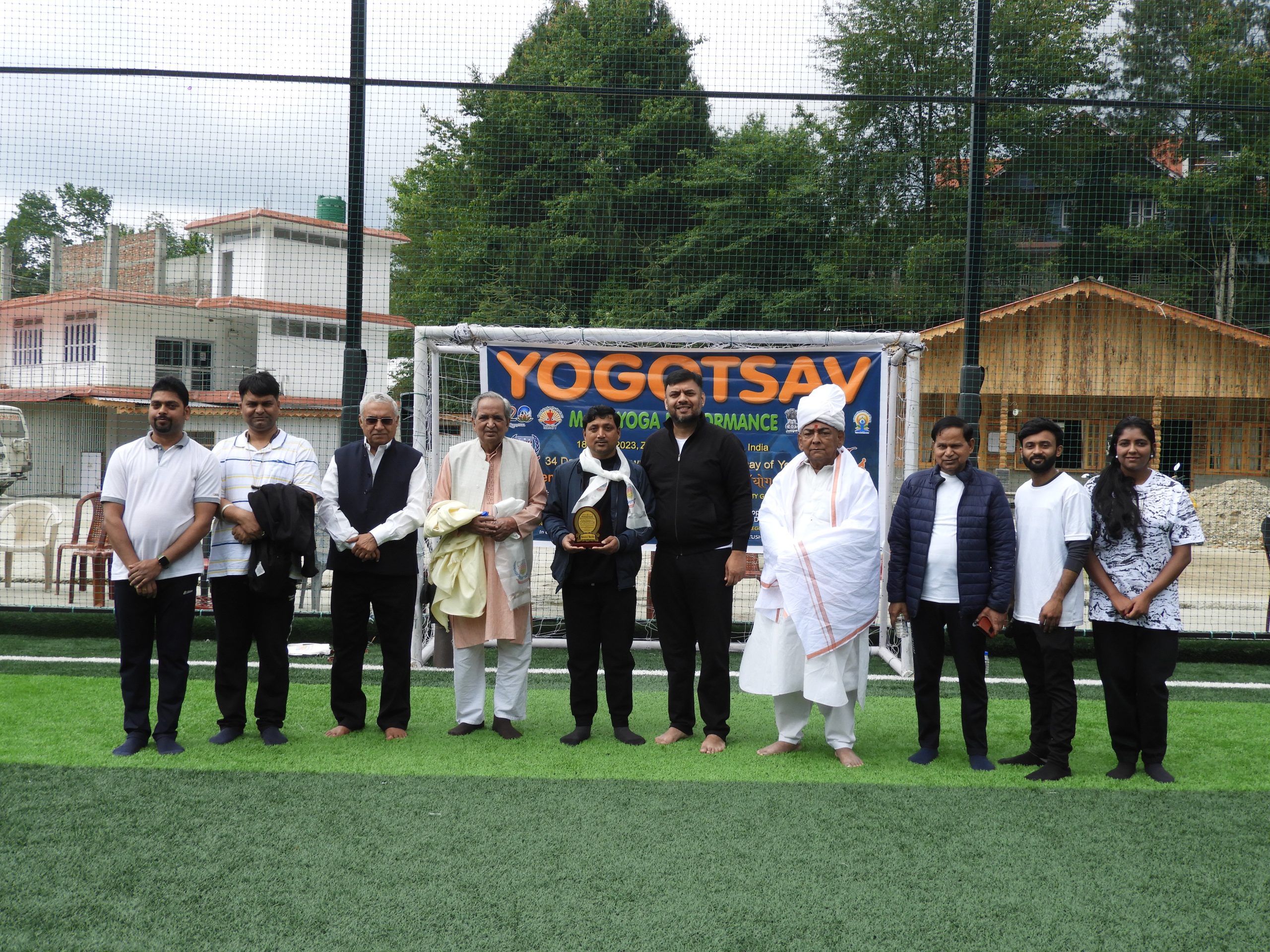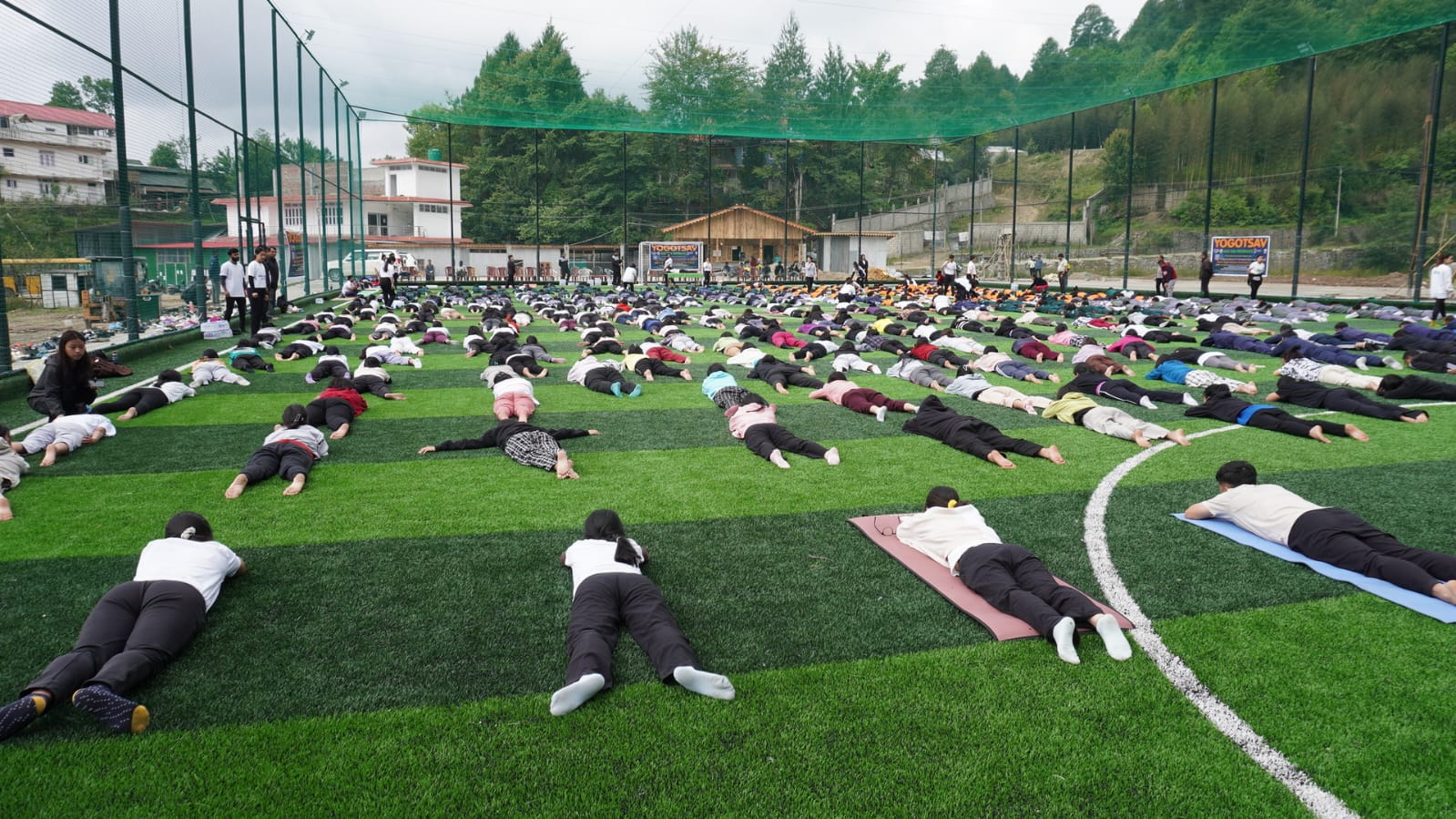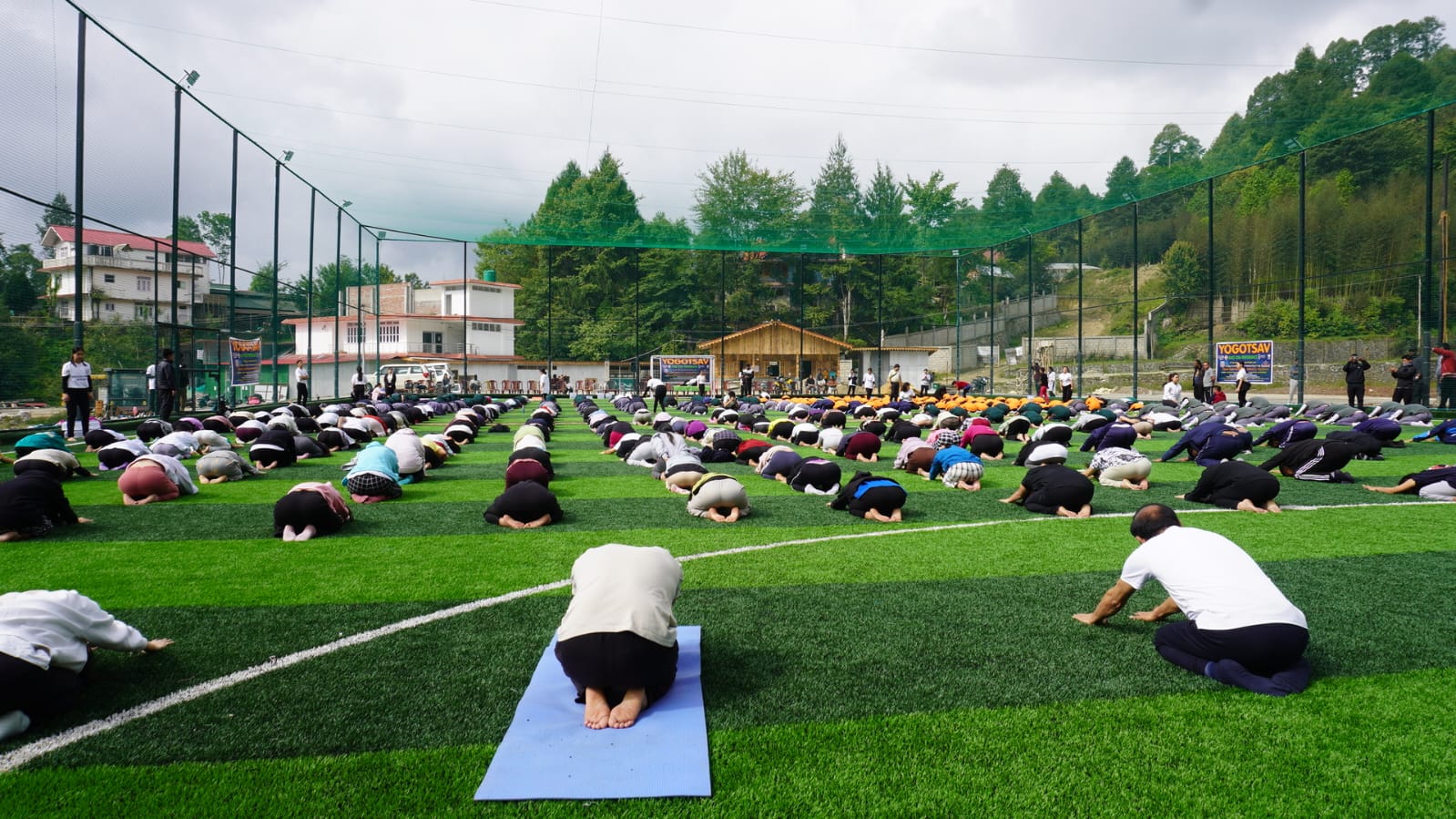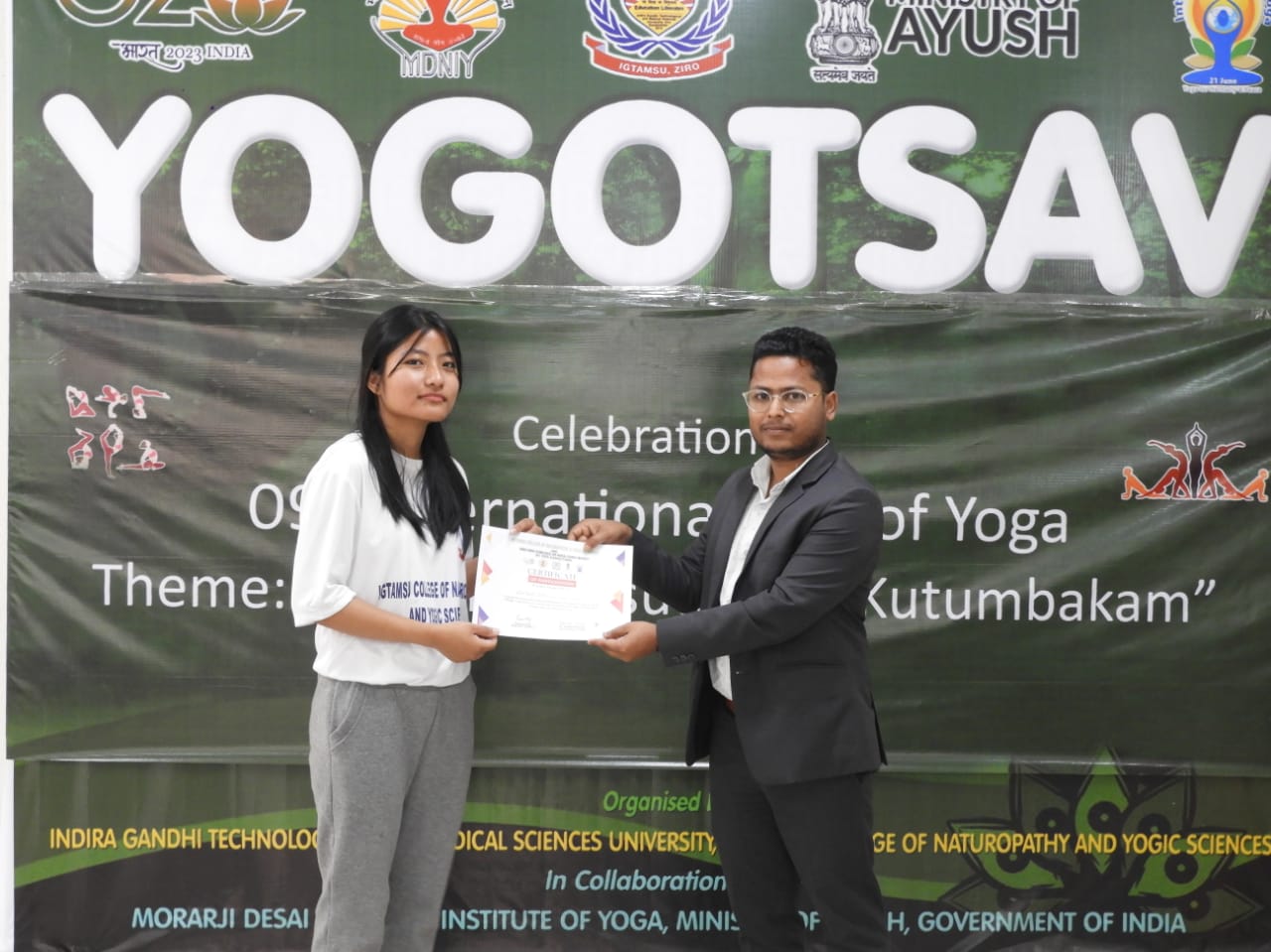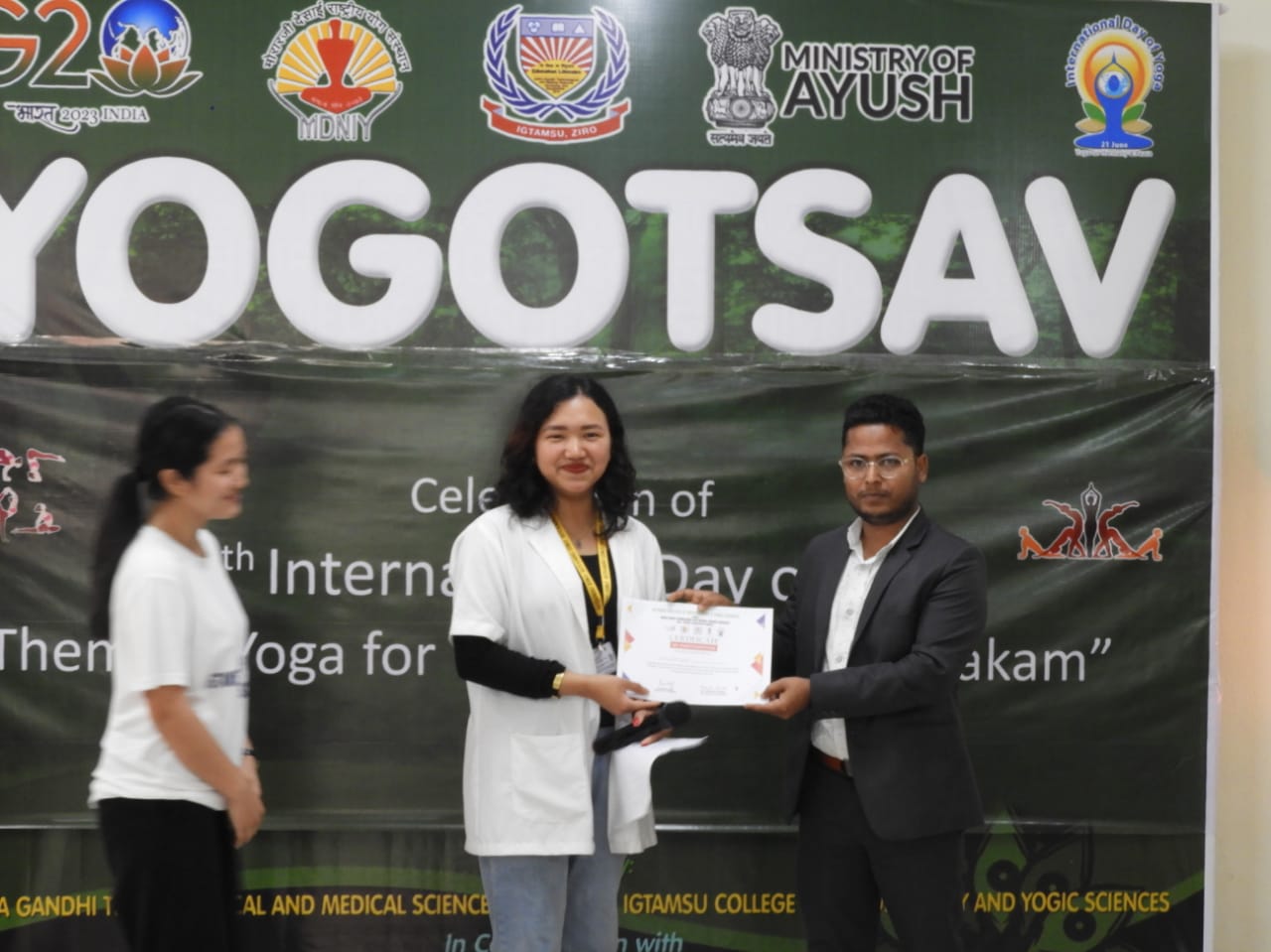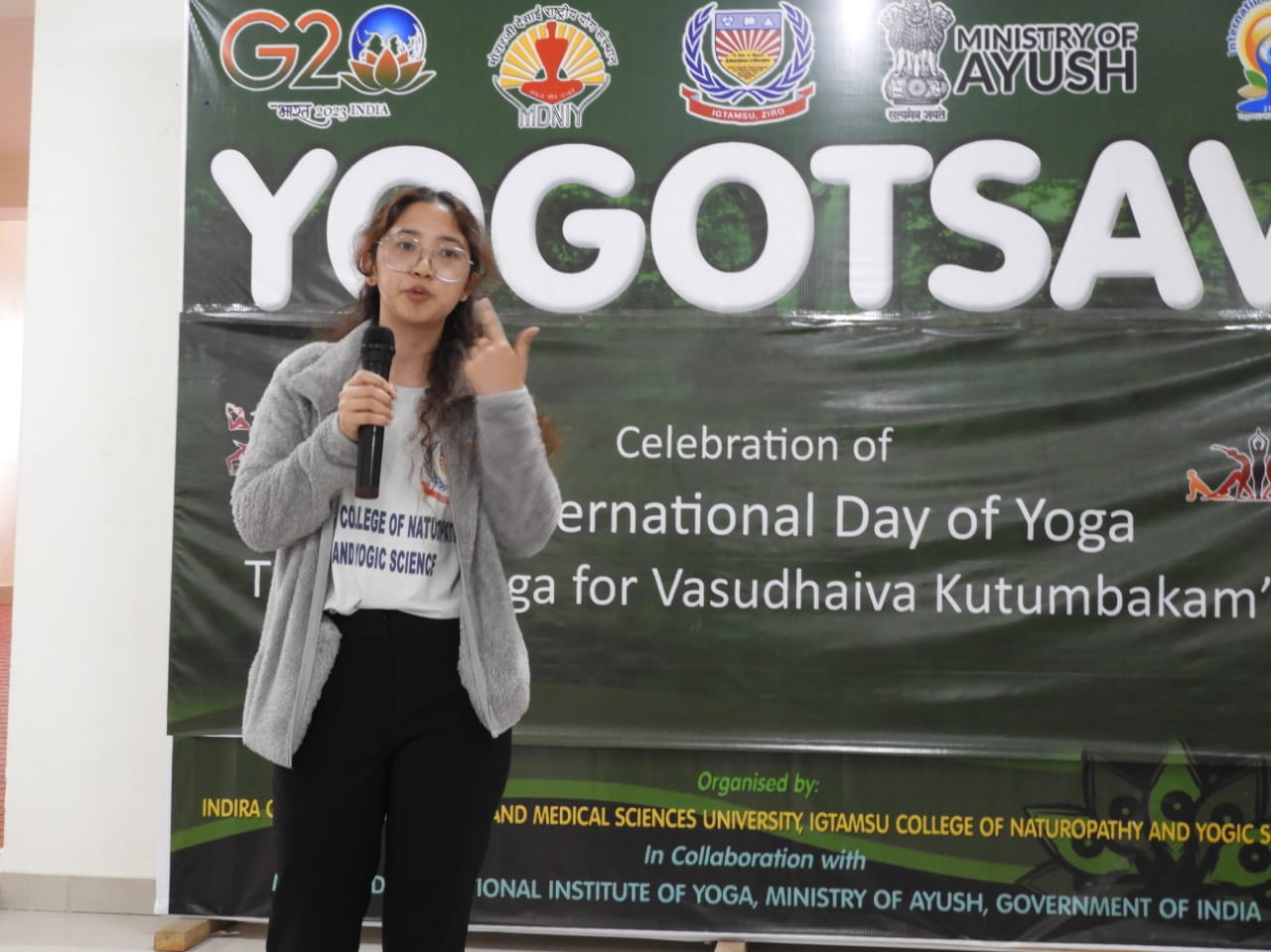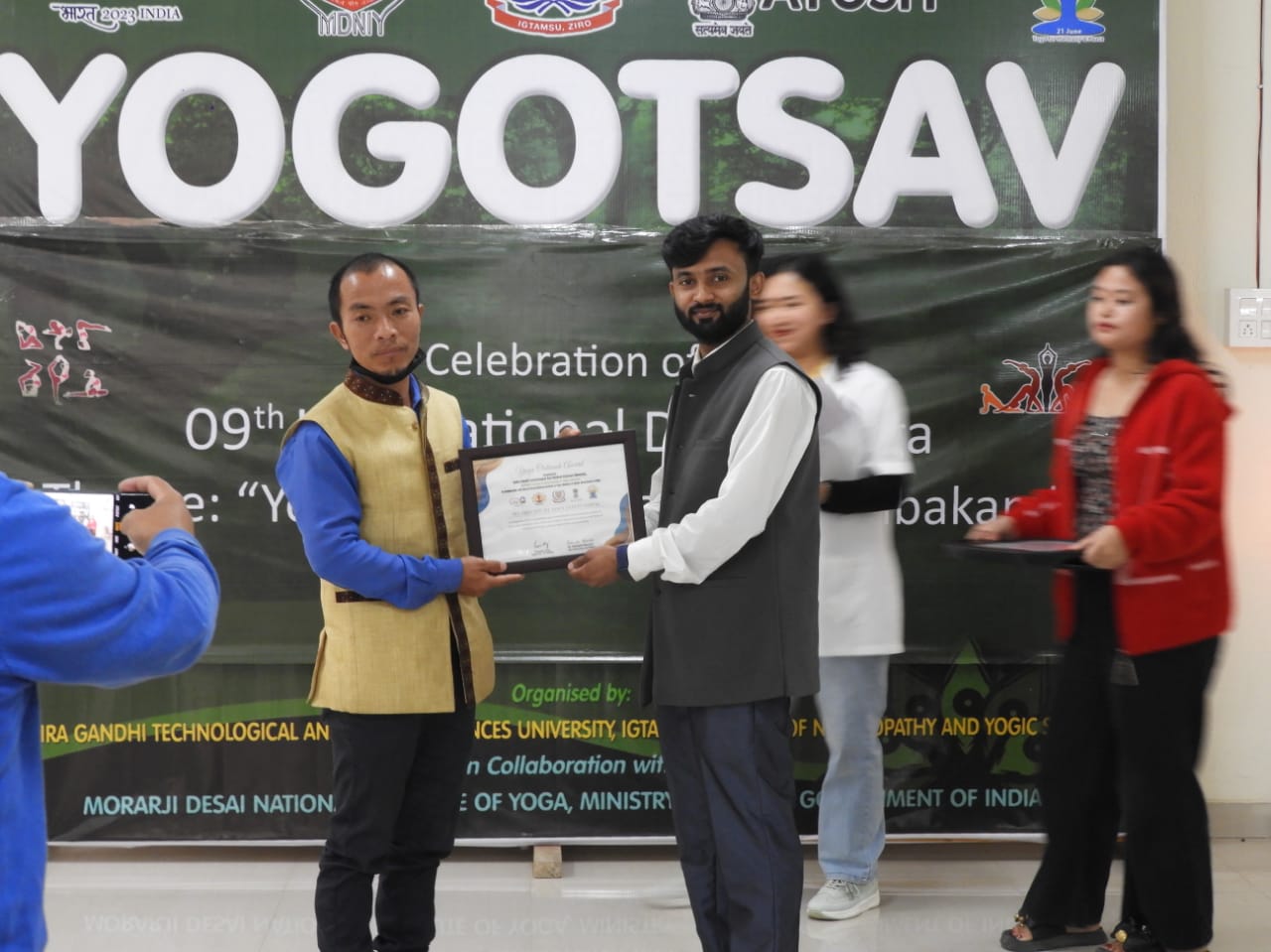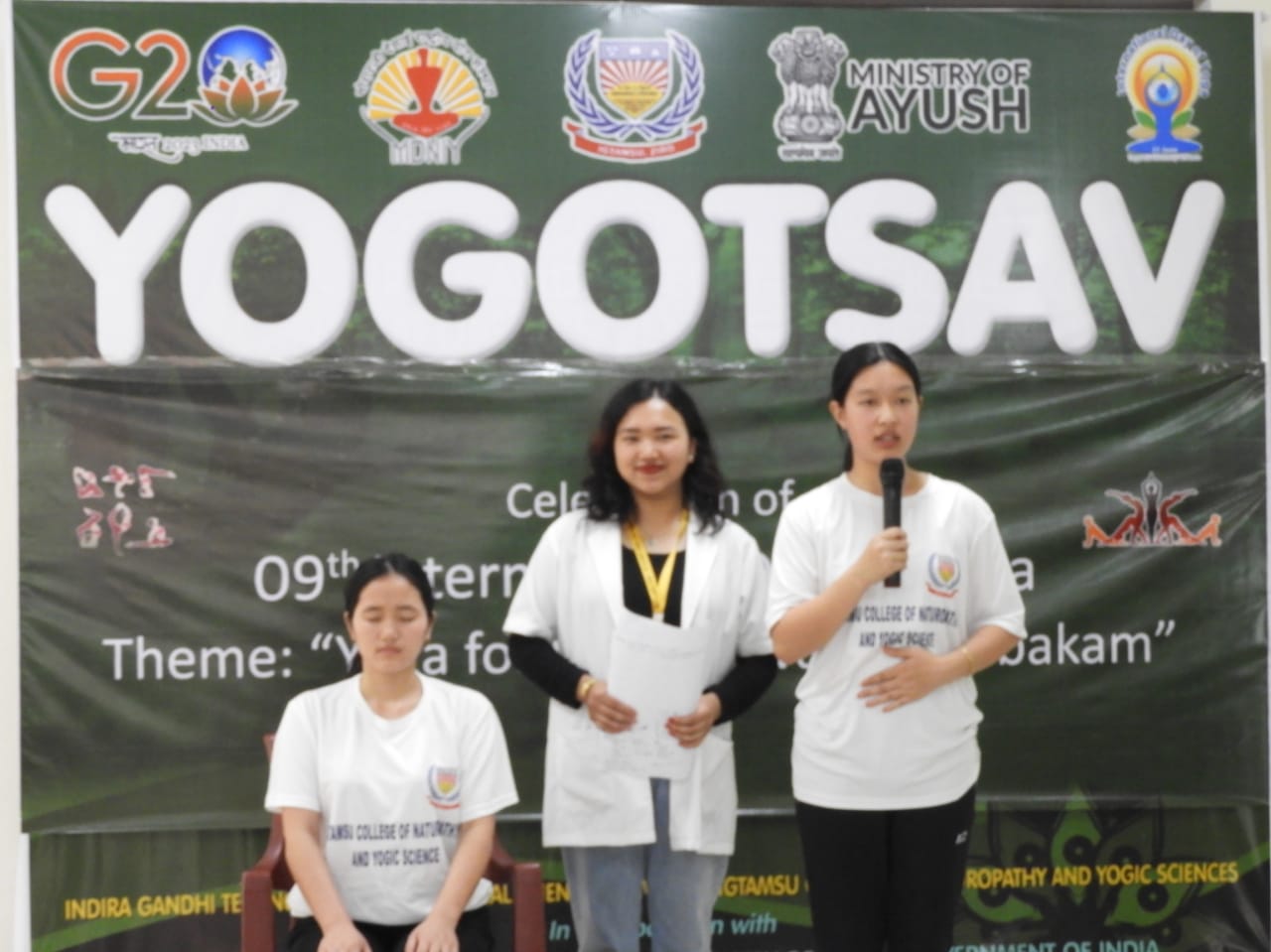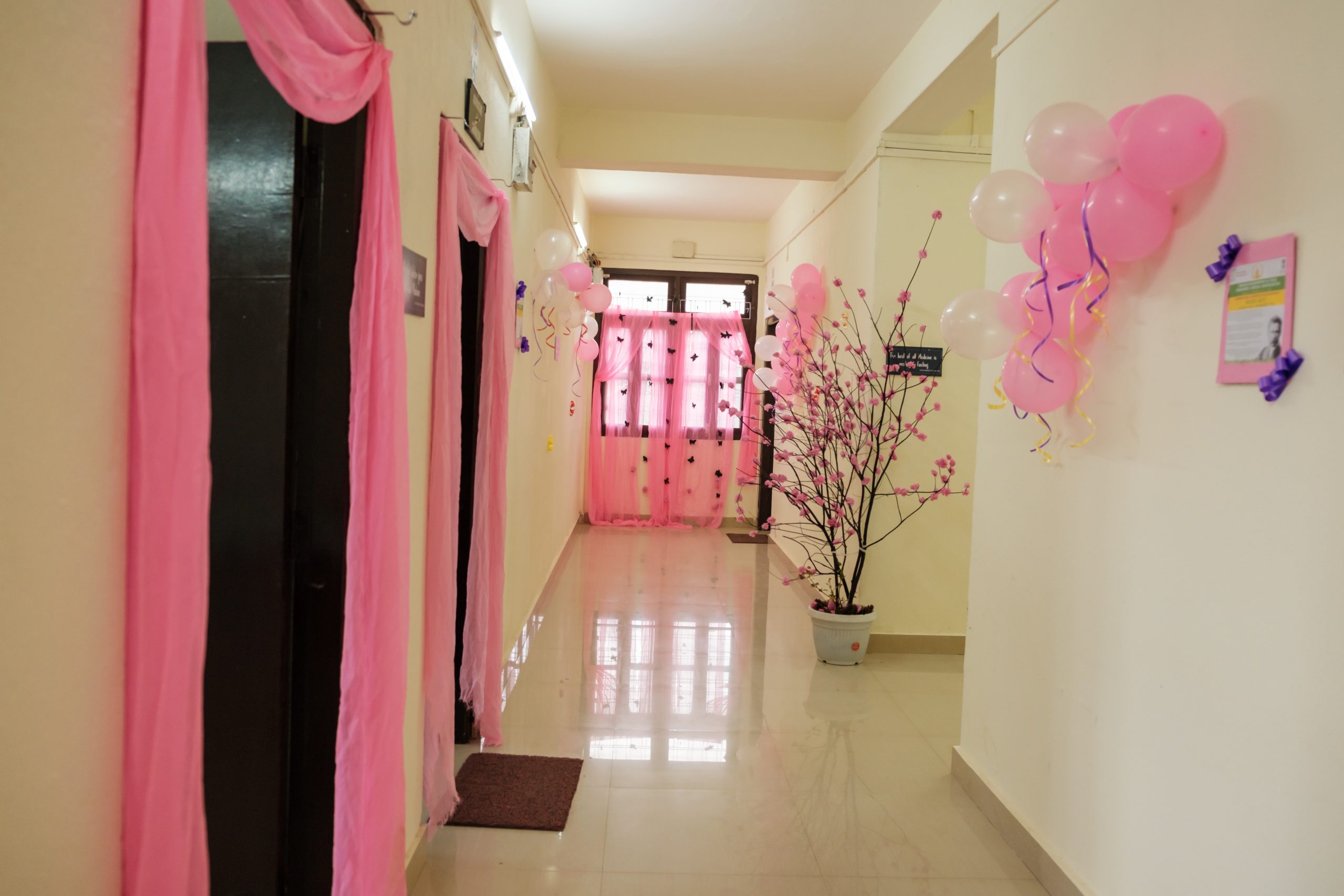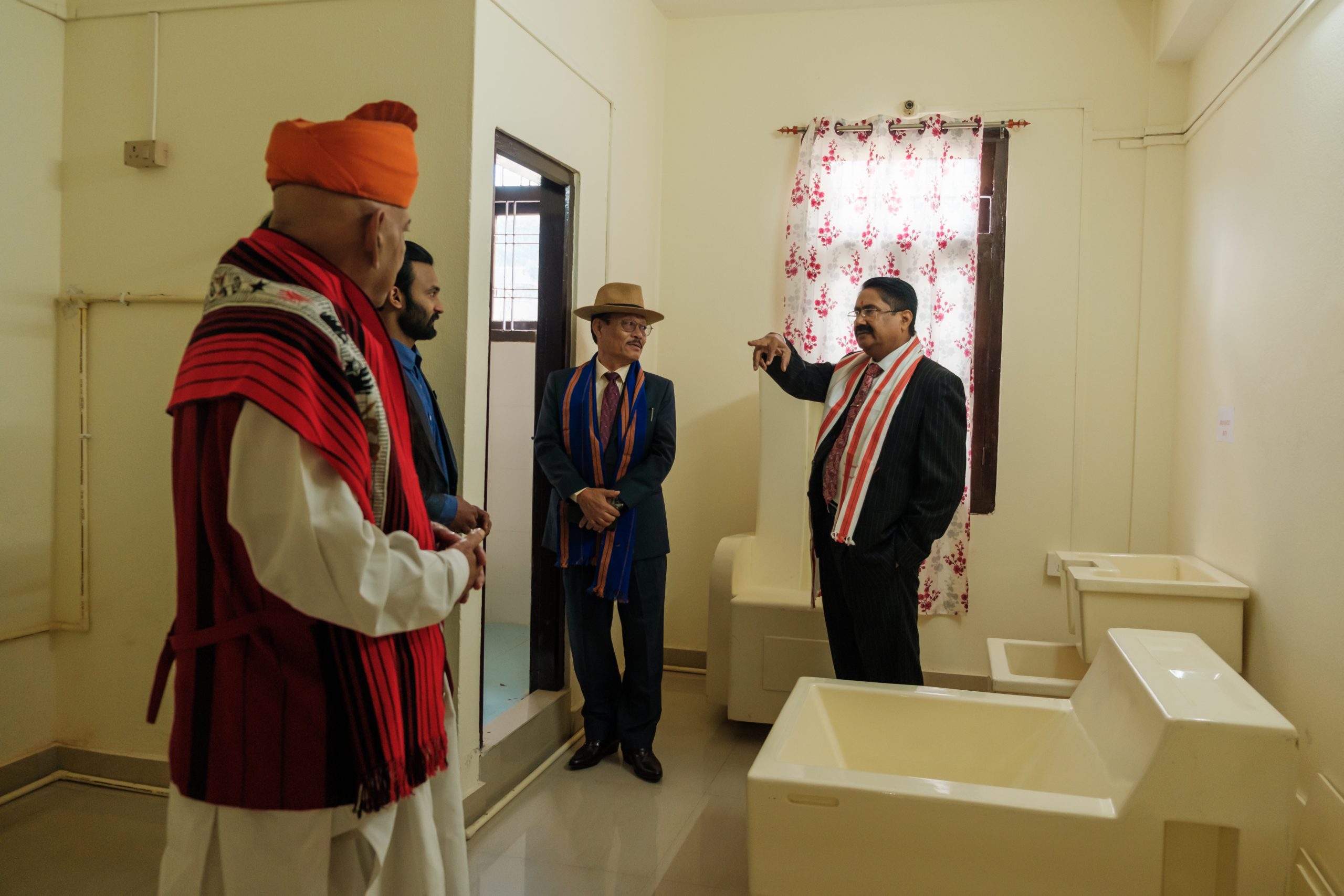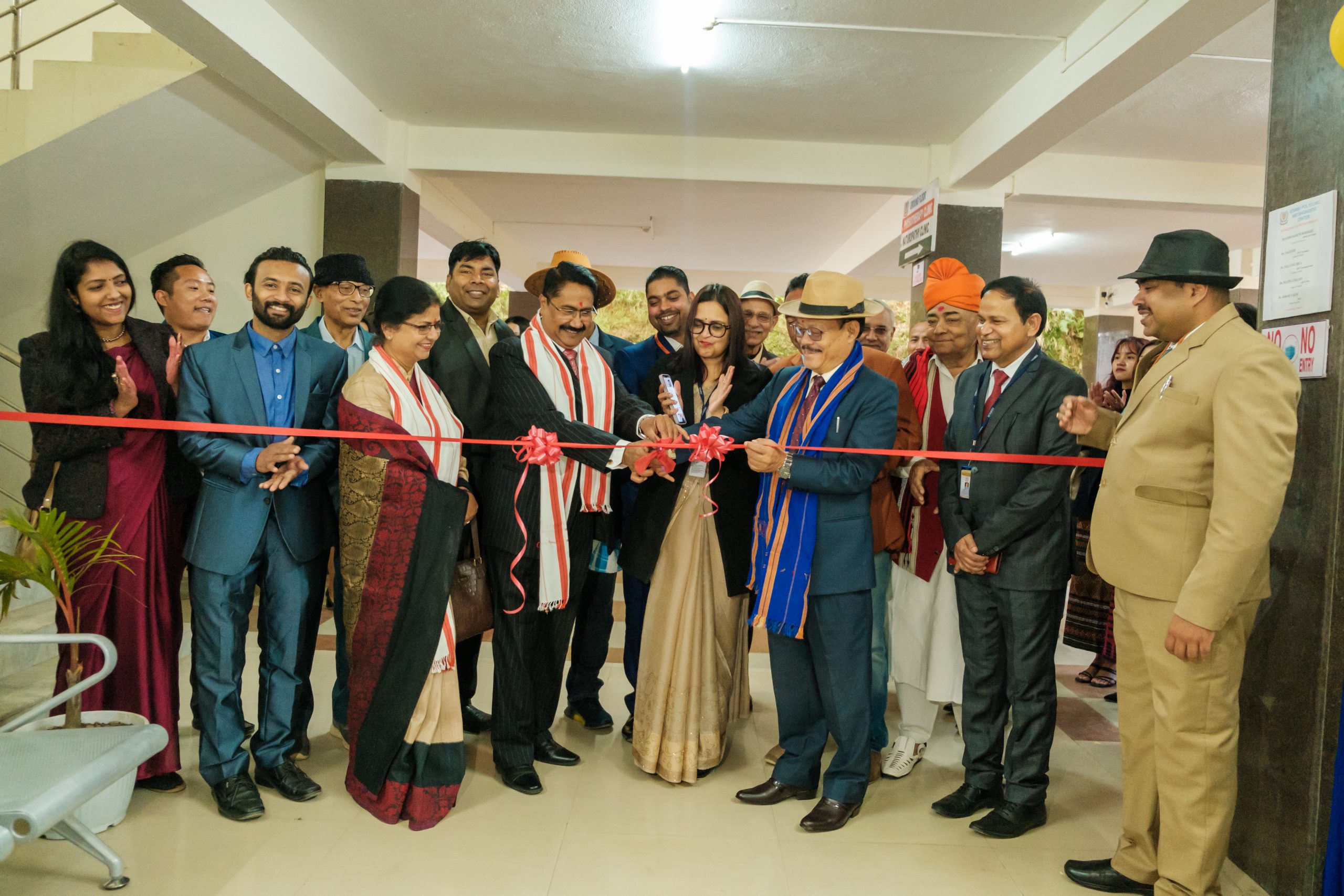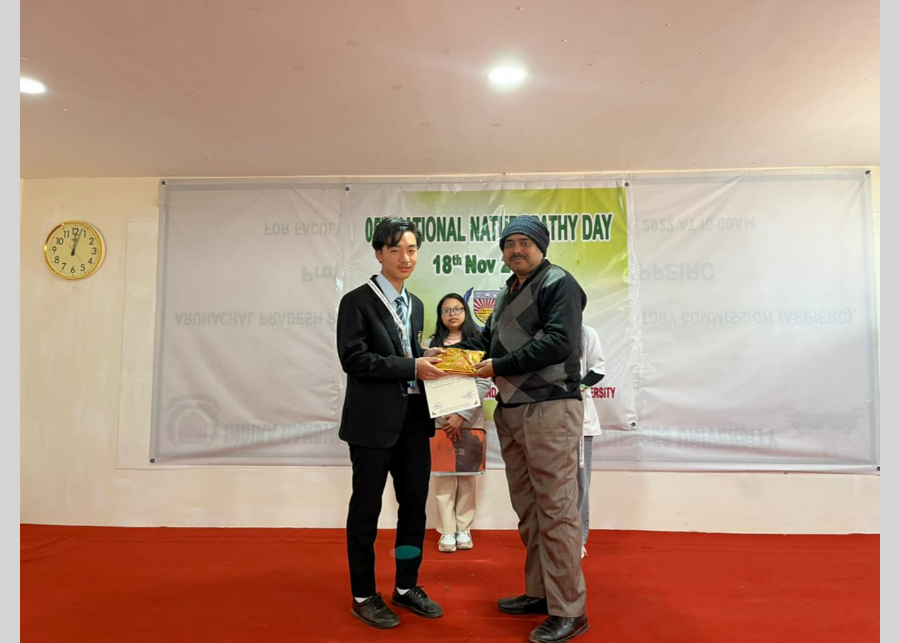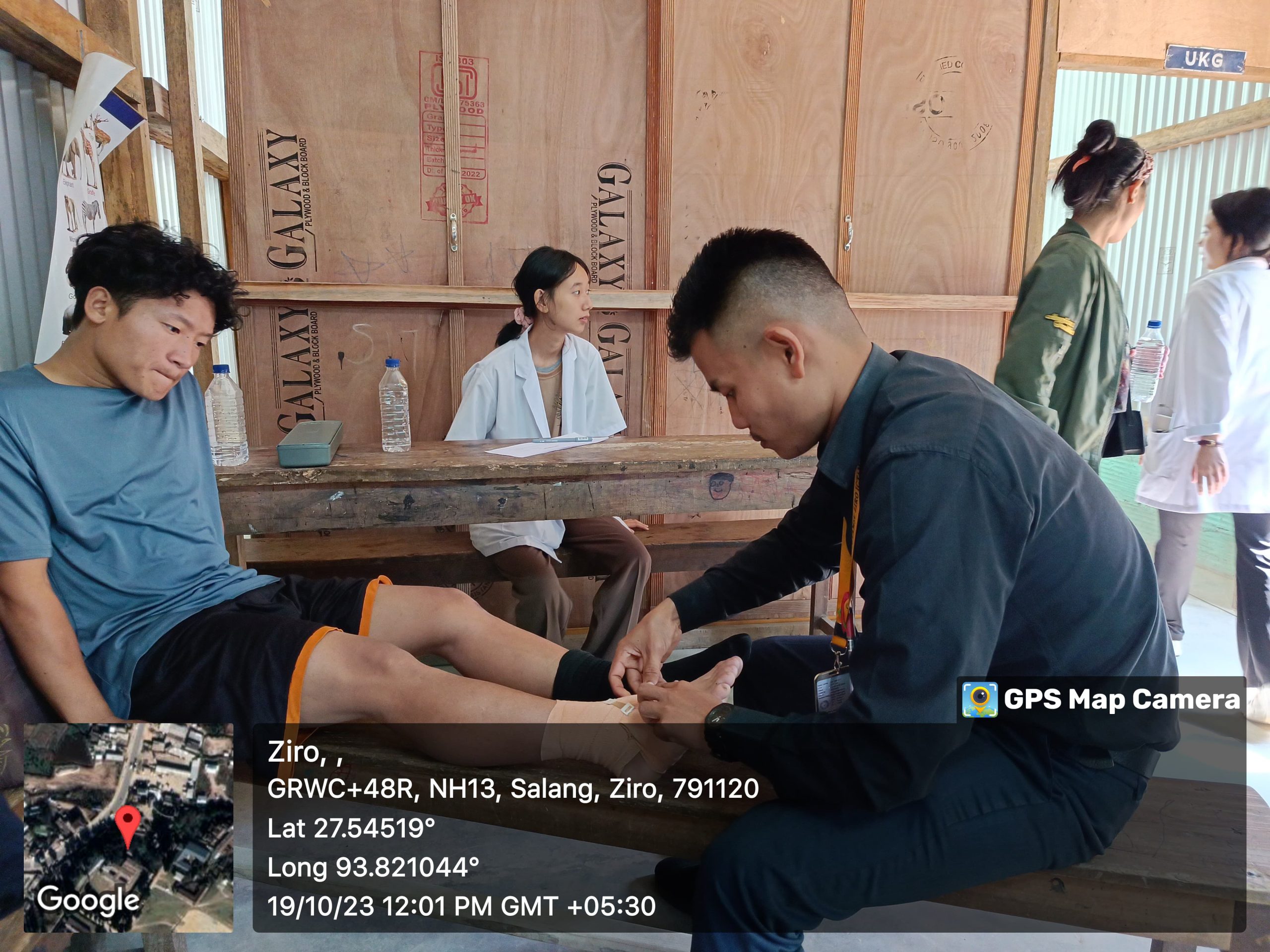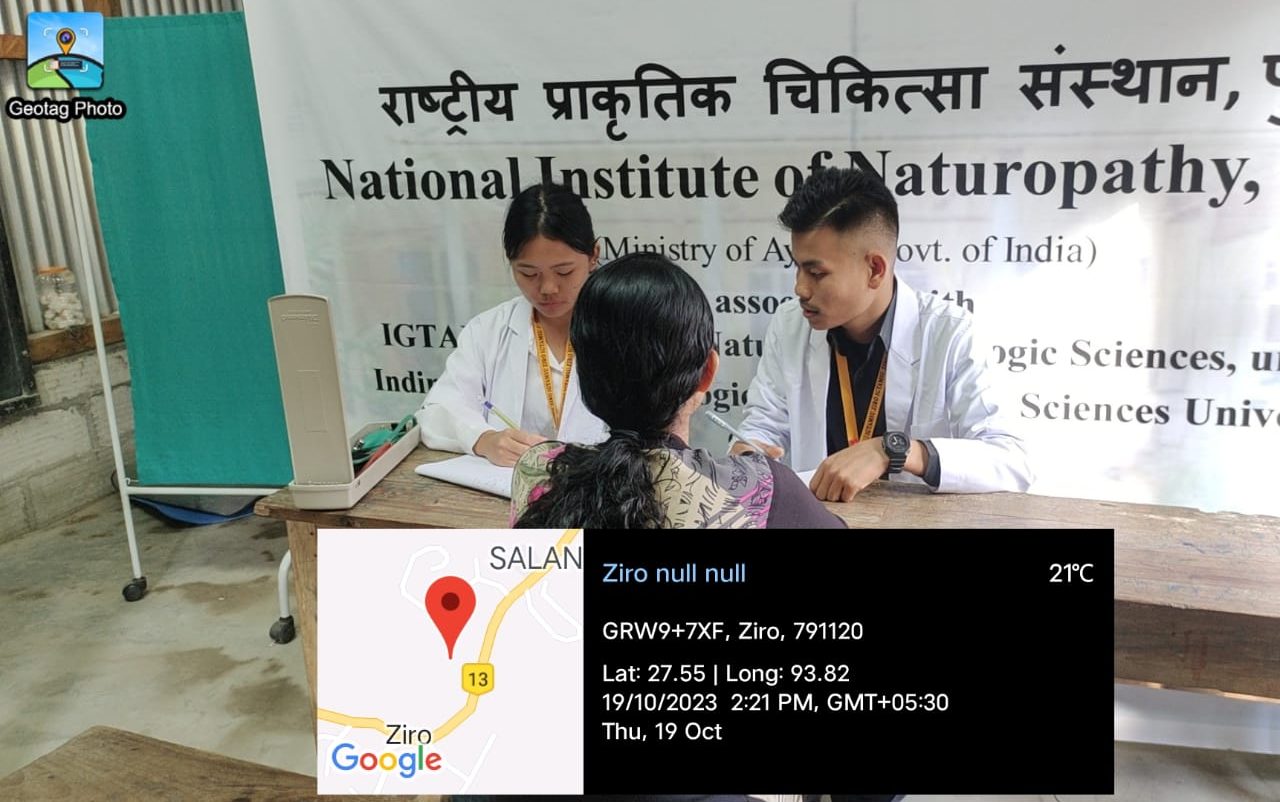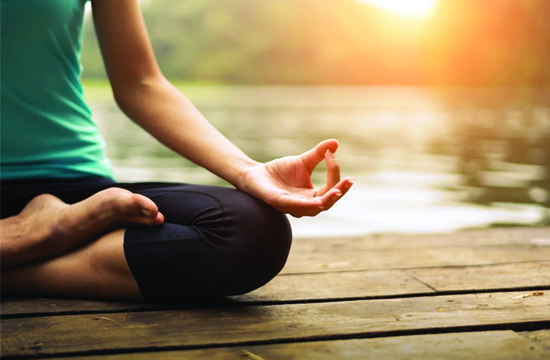
Department of Naturopathy & Yoga was established in 2017, and currently, the Department namely known as IGTAMSU College of Naturopathy & Yogic Sciences. The Department offers BNYS (Bachelor of Naturopathy and Yogic Sciences), an undergraduate AYUSH medical program.
ABOUT THE COURSE
The Bachelor of Naturopathy and Yogic Sciences (BNYS) is a medical degree in India in the field of integrated Naturopathy and Yoga therapy. The degree is of 5 1⁄2 years duration (4 & half years of study + 1 year internship).
Scope
- Work as medical officer in government and private sectors.
- Work in Academic & Research field.
- Eligible to open your own Naturopathy & Yoga Hospital or Clinic.
- Opportunity to study multiple postgraduate courses.
- Job opportunities in all over India and abroad.
- HOD
- Courses
- Subjects
- Faculty
- Facility
- Events
- Research
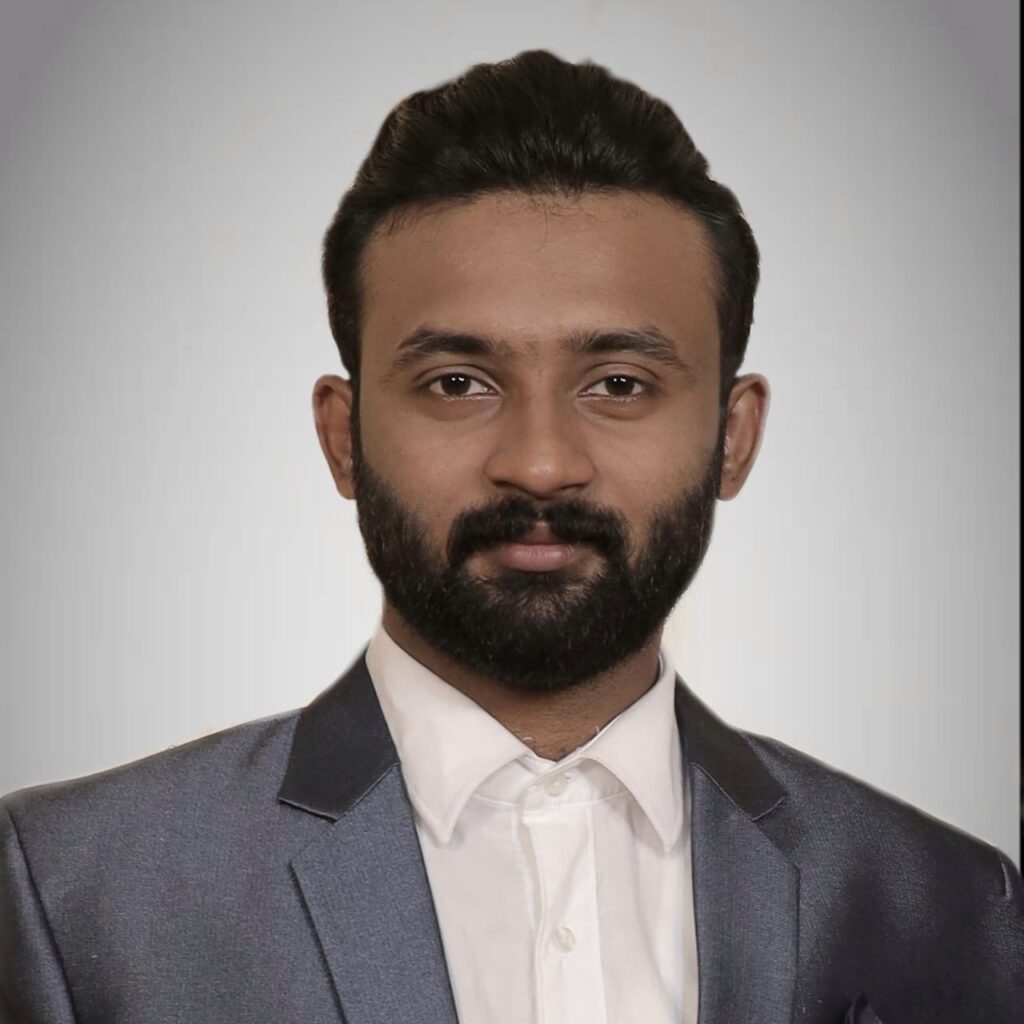
M(BNYS)
Naturopathy and Yoga is a medical profession that promises solutions for various maladies that create challenges to our healthcare system. This system is growing enormously nowadays because it’s the approach of treatment without harmful drugs, at the same time, by using natural modalities, which promotes the natural healing capabilities of our body systems. A Naturopathy and Yoga doctor carefully assesses the patient to understand the patient in a better way. It’s necessary because the system promotes the treatment of the patient, but not the disease. After careful assessment, the doctor chooses the right treatment for the patient, through which the right treatment is granted to the patient without any harmful effects.
Naturopathy comprises different natural therapeutic methods like Hydrotherapy (treatment of diseases using water), Acupuncture & Acupressure, Mud therapy, Aromatherapy, Chiropractic, Magnetotherapy, Chromotherapy, Nutrition, and Dietetics. Integration of such treatments with the therapeutic techniques of yoga-like Asana, Pranayama, Shatkriyas, Mudra, Bandha and Dhyana (Meditation) assures wellness in all the planes of human beings, not merely in the physical aspect. Therefore, this integrated health system believes, health can be achieved only by assuring the wellness of an individual in physical, mental, social & spiritual aspects.
Indira Gandhi Technological And Medical Sciences University established Naturopathy and Yoga department in the year 2017, currently, the department is namely known as IGTAMSU College of Naturopathy and Yogic Sciences. The department offers 5 & half year medical degree program Bachelor of Naturopathy and Yogic Sciences (BNYS). The department also has Naturopathy and Yoga Clinic providing treatment to the public at minimum cost. The students are exposed to numerous patients every day as part of their clinical training program. the ultimate aim of the department is to construct a society with the consciousness of complete health through qualified and competent Naturopathy and Yoga doctors. My best wishes to all the candidates who want to join this medical program.
| Name of the programme | Admission Criteria | Duration | Registration Fee | Annual Course Fee | Syllabus |
| BNYS | 10+2 in PCB. | 51⁄2 Years | Rs. 10000.00 | Rs. 1,01,200.00 | Download |
| First Year : 1. Biochemistry, 2. Human Anatomy I & II, 3. Human Physiology I & II, 4. Philosophy of Nature Cure I & II, 5. Philosophy & Practice of Yoga. |
| Second Year : Pathology I & II, 2. Basic Pharamacology, 3. Microbiology, 4. Diagnostic Methods in Modern Medicine, 5. Diagnostic Methods in Naturopathy, 6. Yoga & Physical Culture-I. |
| Third Year : Psychology & Basic Psychiatry, 2. Obstetrics & Gynaecology, 3. Community Medicine, 4. Forensic Medicine & Toxicology, 5. Nutrition & Herbology, 6. Yoga & Physical Culture -II, 7. Massage, Chiropractics, Osteopathy & Aromatherapy. |
| Fourth Year : 1. Hydrotherapy & Clay therapy, 2. Acupuncture, Acupressure & Reflexology, 3. Yoga therapy, 4. Fasting & Diet therapy, 5. Clinical Naturopathy, 6. Research Methodology & Recent Advances, 7. First Aid, Minor Surgery & Emergency Medicine, 8. Physiotherapy. |
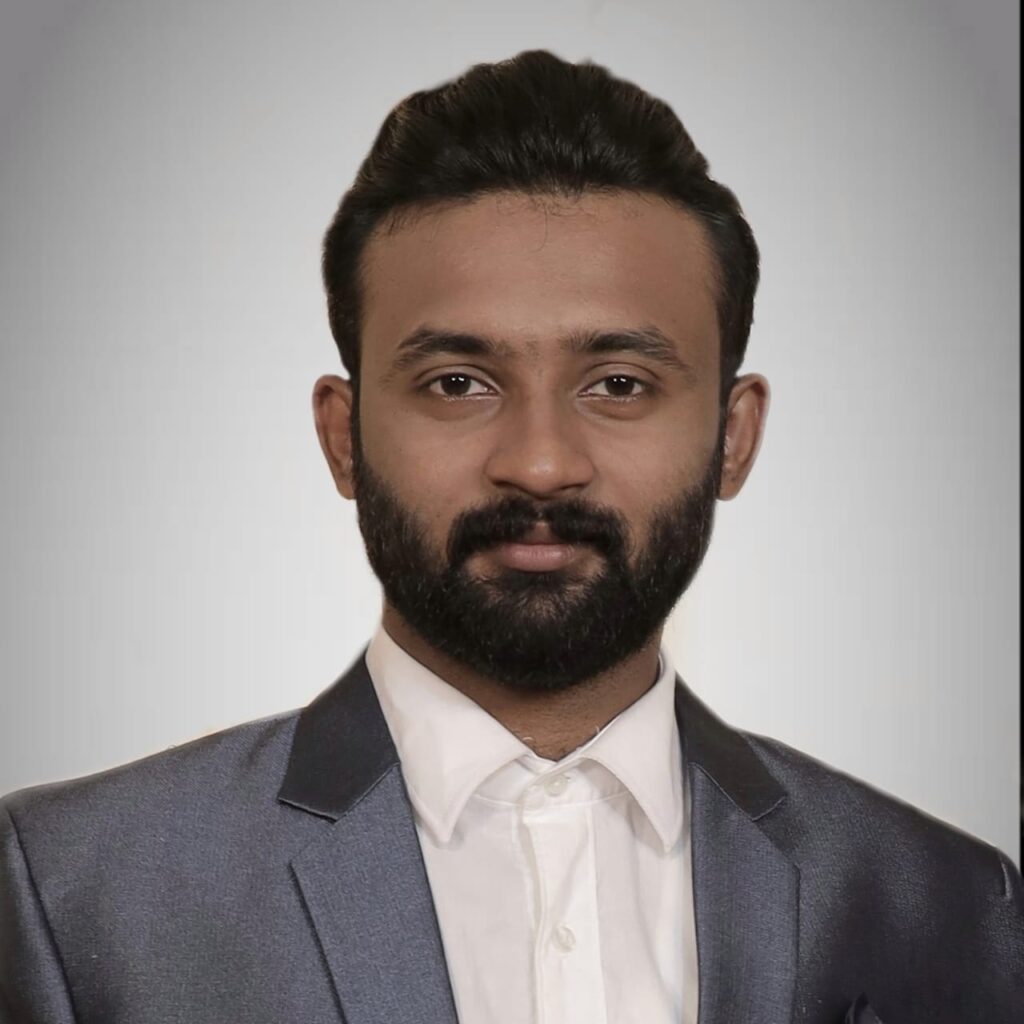
M(BNYS) Principal I/c

Assistant Professor
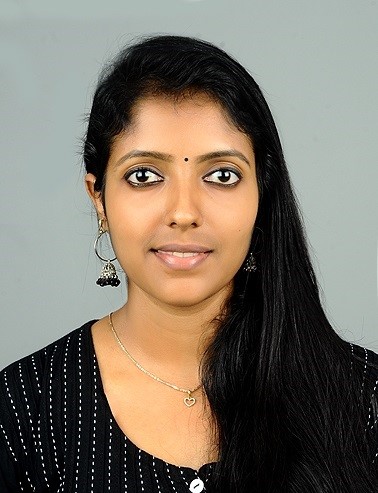
Vice Principal I/c

Assistant Professor
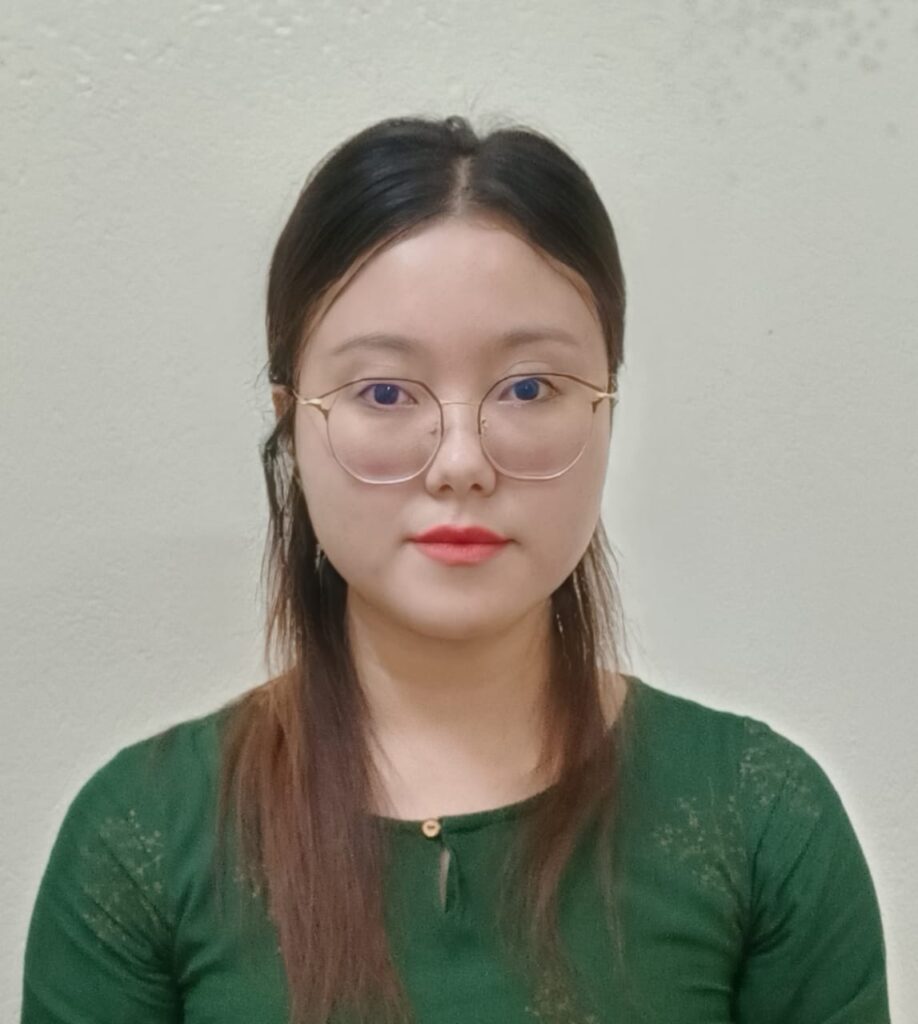
(BNYS) Assistant Professor

Assistant Professor
Laboratories and Clinic
| IGTAMSU Naturopathy Clinic “With proficiency, our clinics are equipped with latest & approved skills in healing & rehabilitation to ensure that you get the best care”. |
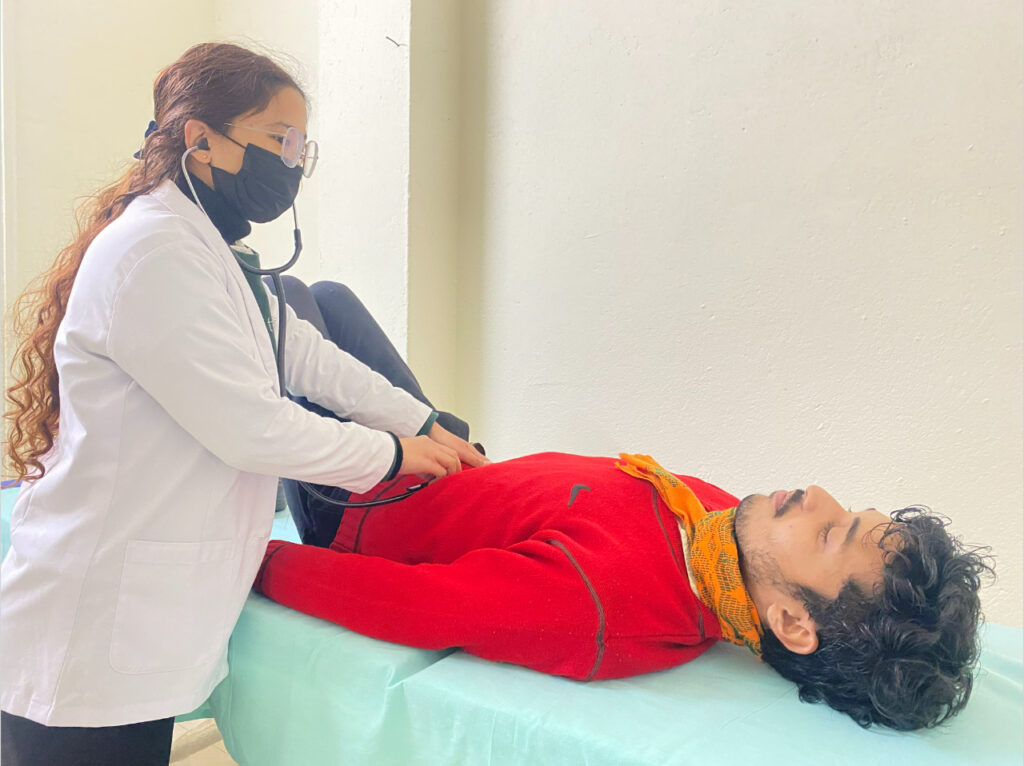
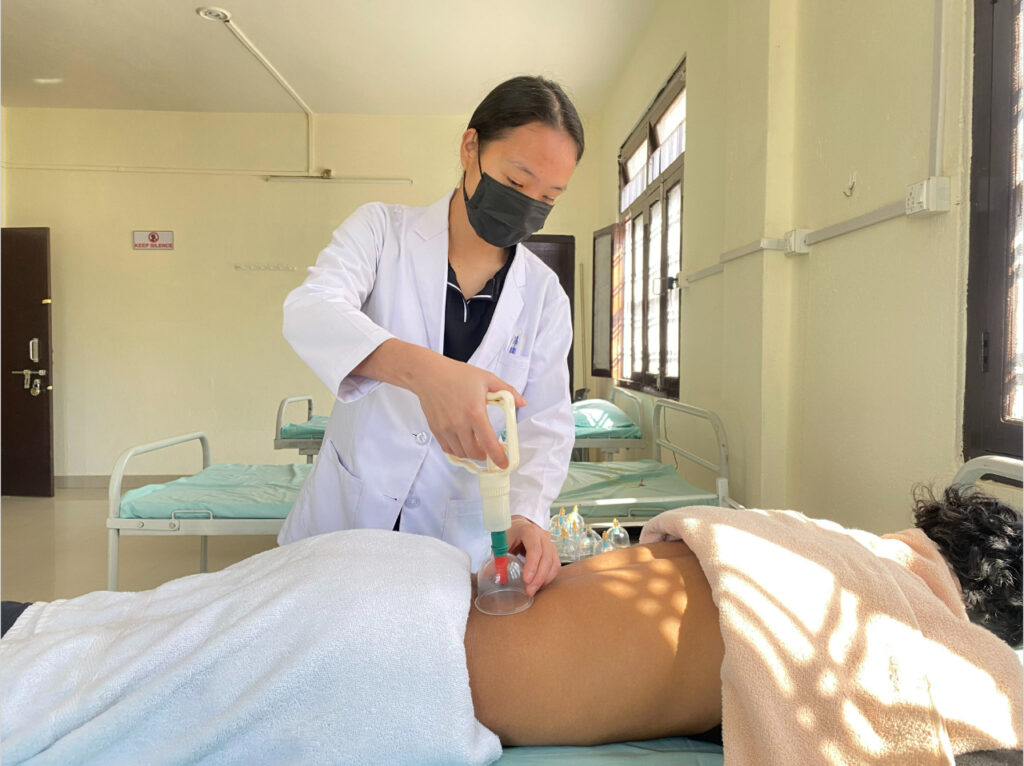

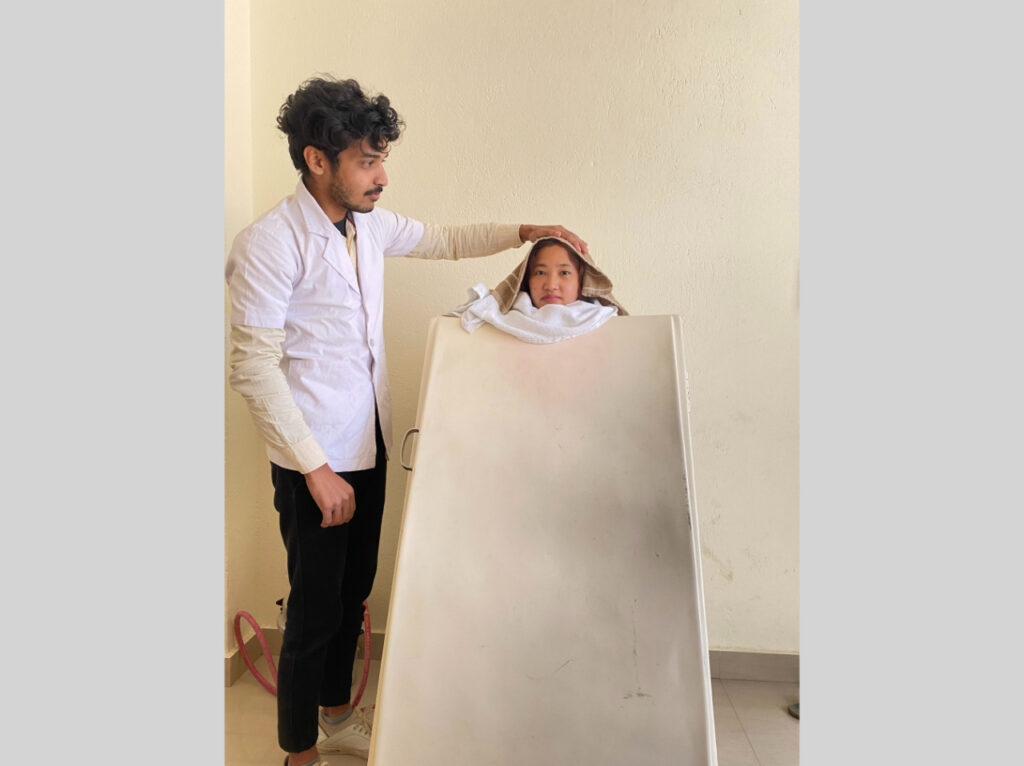
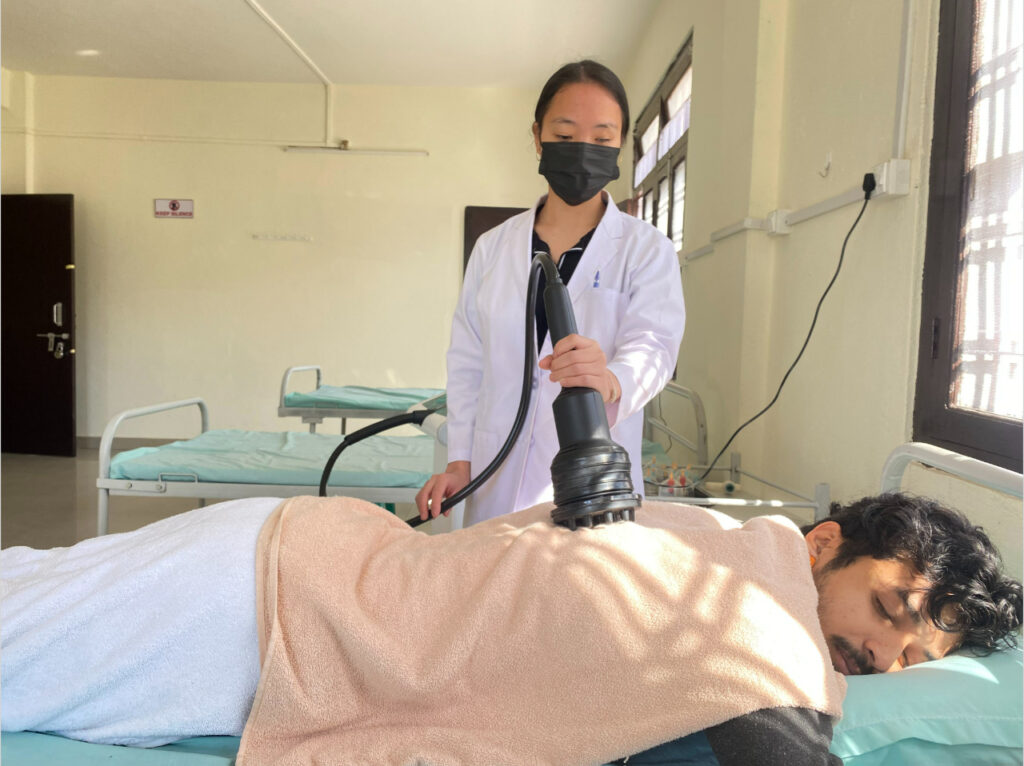
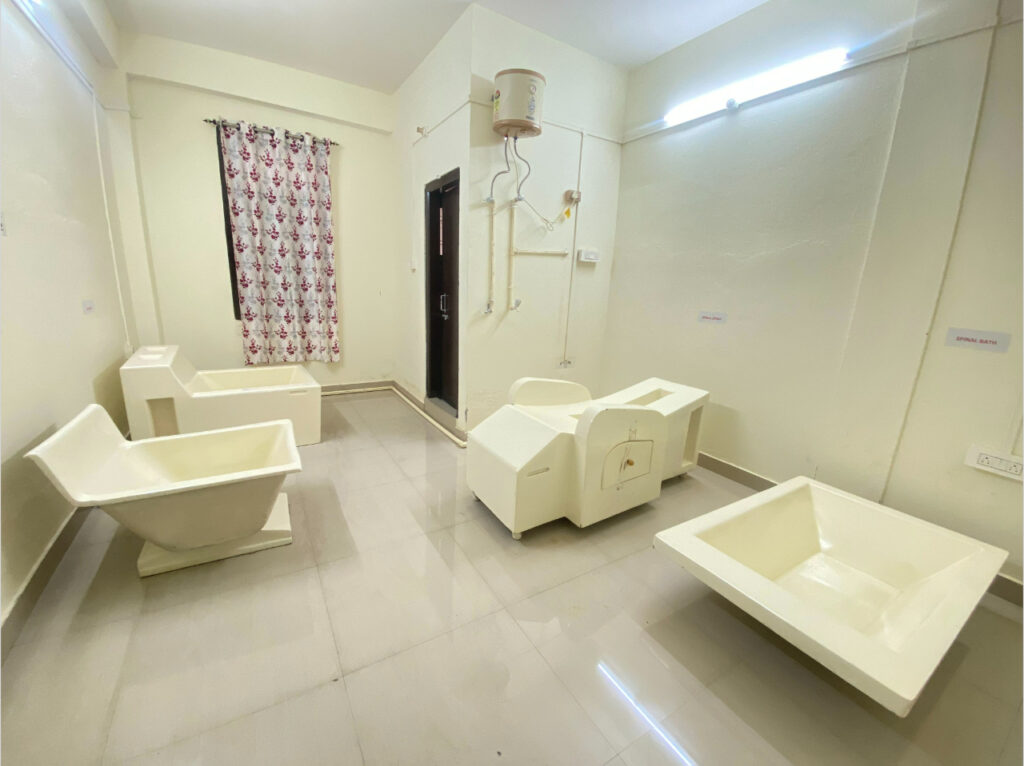
THERAPIES OFFERED
Hydrotherapy
Hydrotherapy, also known as water therapy, is a type of therapy that uses water for the treatment and management of various medical conditions. This form of therapy has many benefits, including the ability to reduce pain, improve mobility and flexibility, and promote relaxation and stress relief.
One of the key benefits of hydrotherapy is its ability to provide relief from pain and discomfort. The buoyancy of the water helps to reduce the pressure on joints and muscles, which can provide relief from chronic pain and stiffness. Additionally, the heat of the water can help to increase blood flow to the affected area, which can help to reduce inflammation and promote healing.
Another benefit of hydrotherapy is its ability to improve mobility and flexibility. The resistance of the water can provide an excellent workout for the muscles, without putting too much strain on the joints. This can be especially beneficial for individuals who have difficulty exercising on land due to chronic pain or other physical limitations.
In addition to its physical benefits, hydrotherapy can also provide relaxation and stress relief. The warmth and buoyancy of the water can help to soothe tense muscles and promote a feeling of relaxation and well-being. This can be especially helpful for individuals who are dealing with chronic stress or anxiety.
Acupuncture
Acupuncture is a form of traditional Chinese medicine that involves the insertion of thin needles into specific points of the body. It is believed to help restore balance and improve the flow of energy, or qi, throughout the body. Acupuncture is used to treat a wide range of conditions, including pain, nausea, and addiction. Some potential benefits of acupuncture include:
- Relief from chronic pain: Acupuncture is often used to relieve chronic pain, such as back pain, headaches, and arthritis. It is thought to work by releasing natural painkillers, called endorphins in the body.
- Improved digestion: Acupuncture may help to improve digestion and reduce symptoms of gastrointestinal disorders, such as constipation and irritable bowel syndrome.
- Reduced stress and anxiety: Acupuncture may help to reduce stress and anxiety by promoting relaxation and releasing tension in the body.
- Improved sleep: Acupuncture may help to improve sleep by reducing anxiety and promoting relaxation.
- Boosted immune system: Acupuncture may help to boost the immune system by increasing the production of white blood cells and other immune cells.
- Fertility support: Acupuncture may help to improve fertility by regulating hormones and increasing blood flow to the reproductive organs.
Yoga Therapy
Yoga therapy is the use of yoga postures, breathing exercises, and meditation to improve physical and mental health. It is a holistic approach to health that combines the physical and mental aspects of yoga to promote healing and well-being. Some potential benefits of yoga therapy include:
- Improved flexibility and mobility: Yoga therapy can help to improve flexibility and mobility by stretching and strengthening the muscles and joints. This can be especially beneficial for individuals with chronic pain or stiffness in the body.
- Reduced stress and anxiety: Yoga therapy can help to reduce stress and anxiety by promoting relaxation and calming the mind. The combination of physical postures, breathing exercises, and meditation can help to release tension in the body and quiet the mind.
- Improved sleep: Yoga therapy can help to improve sleep by reducing stress and promoting relaxation. The calming effects of yoga can help to prepare the body and mind for a restful night’s sleep.
- Improved cardiovascular health: Yoga therapy can help to improve cardiovascular health by lowering blood pressure and improving circulation. Physical postures and deep breathing exercises can help to strengthen the heart and improve blood flow throughout the body.
- Pain relief: Yoga therapy can help to relieve chronic pain, such as back pain, headaches, and arthritis. The stretching and strengthening of the muscles can help to reduce inflammation and improve flexibility, which can provide relief from pain.
Manipulative Therapy
Manipulative therapy, also known as manual therapy, is a type of physical therapy that involves the use of the therapist’s hands to manipulate the muscles and joints of the body. It is commonly used to treat musculoskeletal conditions, such as back pain, neck pain, and joint stiffness. Some potential benefits of manipulative therapy include:
- Pain relief: Manipulative therapy can help to relieve pain by improving joint mobility and reducing muscle tension. The therapist may use a variety of techniques, such as stretching, mobilizing, and massage, to improve the range of motion and reduce pain.
- Improved flexibility and range of motion: Manipulative therapy can help to improve flexibility and range of motion by stretching and mobilizing the muscles and joints. This can be especially beneficial for individuals with chronic stiffness or limited mobility.
- Improved posture: Manipulative therapy can help to improve posture by correcting muscle imbalances and strengthening the supporting muscles of the spine and torso. This can help to reduce strain on the joints and improve overall body alignment.
- Reduced muscle tension: Manipulative therapy can help to reduce muscle tension by stretching and massaging the muscles. This can help to reduce muscle spasms, cramping, and stiffness, and improve overall muscle function.
- Improved circulation: Manipulative therapy can help to improve circulation by increasing blood flow to the treated area. This can help to promote healing and reduce inflammation
Cupping Therapy
Cupping therapy is a form of alternative medicine that involves the use of cups to create suction on the skin. The suction from the cups is thought to improve circulation, reduce inflammation, and promote healing. Cupping therapy is commonly used to treat a wide range of conditions, including chronic pain, muscle soreness, and respiratory disorders. Some potential benefits of cupping therapy include:
- Pain relief: Cupping therapy is often used to relieve chronic pain, such as back pain, neck pain, and headaches. The suction from the cups is thought to help release tight muscles and improve blood flow to the treated area, which can provide relief from pain.
- Improved circulation: Cupping therapy can help to improve circulation by increasing blood flow to the treated area. This can help to promote healing and reduce inflammation, which can provide relief from chronic pain and stiffness.
- Improved sleep: Yoga therapy can help to improve sleep by reducing stress and promoting relaxation. The calming effects of yoga can help to prepare the body and mind for a restful night’s sleep.
- Reduced muscle soreness: Cupping therapy can help to reduce muscle soreness and stiffness by breaking up muscle adhesions and increasing blood flow to the muscles. This can help to improve range of motion and reduce pain.
- Improved digestion: Cupping therapy may help to improve digestion by stimulating the digestive organs and increasing blood flow to the abdomen. This can help to reduce symptoms of gastrointestinal disorders, such as constipation and bloating.
Reflexology
Reflexology is a form of alternative medicine that involves applying pressure to specific points on the feet and hands. These points are believed to correspond to different parts of the body, and stimulating them is to bring about a range of health benefits. Reflexology can help to reduce stress and promote relaxation, improve circulation, reduce pain, and improve overall wellness.
Acupressure
Acupressure is a form of alternative medicine that involves applying pressure to specific points on the body (Meridian points). These points are believed to correspond to different organs and systems in the body, and stimulating them is thought to bring about a range of health benefits. Acupressure can help to reduce pain, improve circulation, relieve stress and tension, and promote relaxation.
- All
- Yoga Clinic
- Community Services
- International Yoga Day
- National Naturopathy Day
Dr. Junaidul Mubarak M
Dr. Nimeesha M J
Junaidul Mubarak M, Nimeesha M J Balagovind T P. ROLE OF ACUPUNCTURE IN
THE MANAGEMENT ACUTE & LONG COVID-19 [Internet]. [cited 2024 Mar 6].




